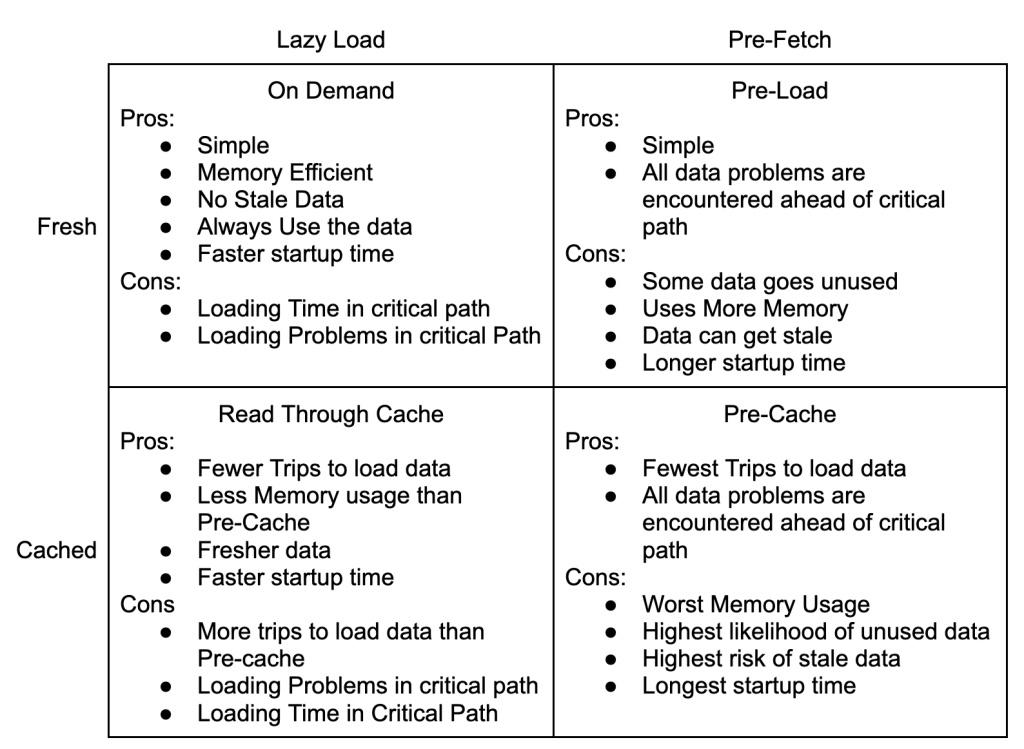Company culture can have a significant impact on the style of code delivery. A rigid and bottlenecked code review process can slow down code delivery and create frustration. Alternatively, an open and collaborative culture can lead to faster and more efficient code delivery. It is important to strike a balance between code quality and speed of delivery. Perfect code that doesn't solve the problem is not useful, while imperfect code that is easy to change and improve can be valuable. When considering a job, it is important to ask about the company's code delivery style and whether there is a culture of collaboration and openness.
Takeaways:
- A rigid and bottlenecked code review process can slow down code delivery
- A collaborative and open culture can lead to faster and more efficient code delivery
- Striking a balance between code quality and speed of delivery is important
- Imperfect code that is easy to change and improve can be valuable
- When considering a job, ask about the company's code delivery style and culture
Watch on YouTube or listen to it at NeverRewrite, Spotify, Apple Podcasts, or Amazon Music, and let us know if you have ever been involved in a rewrite. We would love to have you on the show to discuss your experience!







